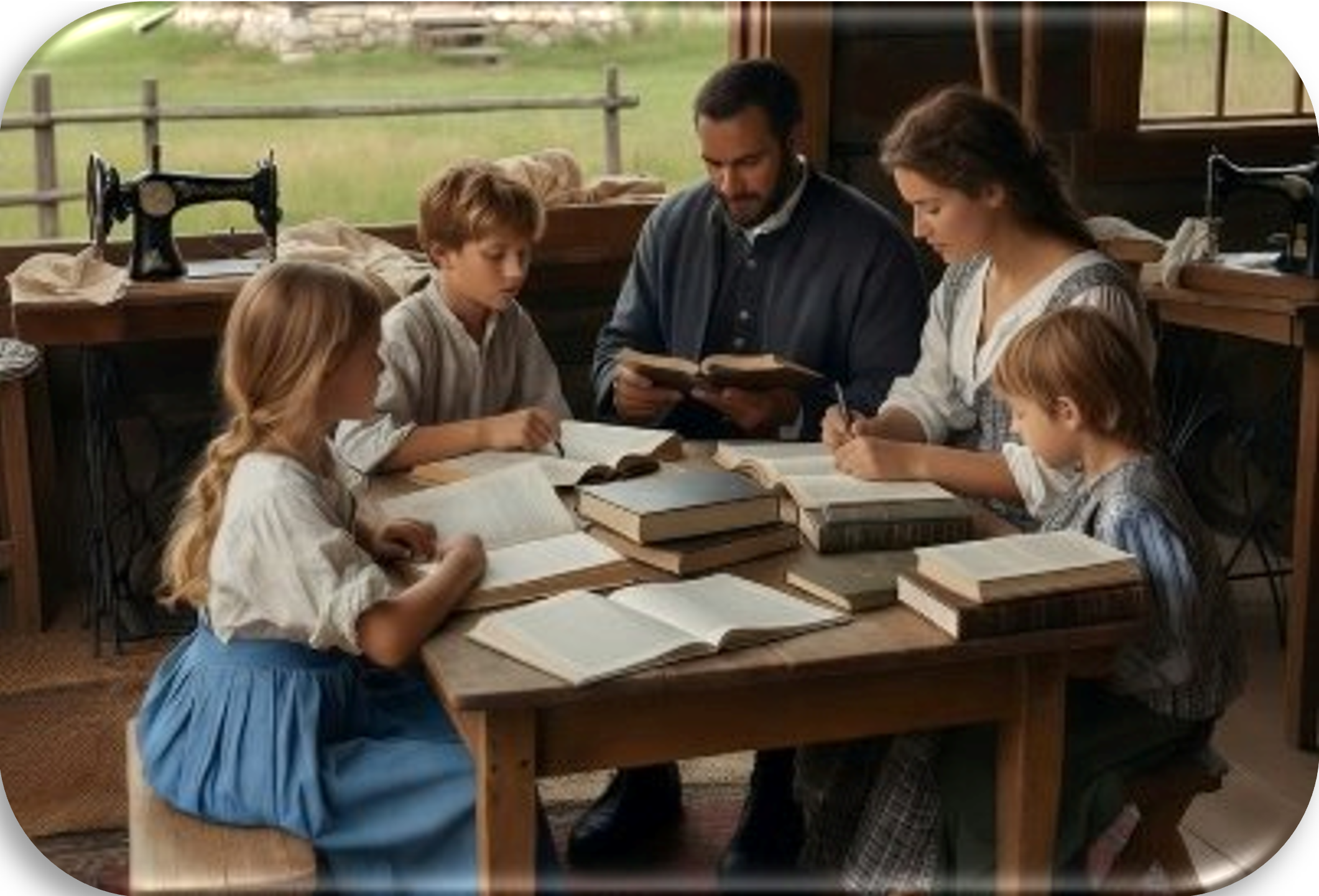The Liberated Learner – Column by Suzanne Kearney
“…our sons in their youth are like growing plants…” – Psalm 144:12, NASB
It’s that time of year when my husband cultivates the earth. It’s him against the weeds, worms, heat, bugs, and scavenger squirrels. Every evening, he comes in hot, dusty, and covered in debris. The struggle lasts for weeks, as he digs, plants, fertilizes, prunes, waters, and nurtures the budding growth. It’s hard work, but the consequent reward of fresh fruits and vegetables makes it all worthwhile.
Like gardening, homeschooling is a tedious process of sowing and reaping. It’s hard, but not for the reasons many think. Often those considering homeschooling are concerned about things like choosing a curriculum, or how to teach math, or whether their child will “fall behind.” They feel uncertain about teaching a special-needs student, or worry their kids will be “unsocialized.” They often fear they aren’t “doing enough.” These are all legitimate concerns, and I’m not minimizing them. But let me tell you from experience: that’s the easy part. Eventually, all those things work out. The real difficulty – and the most significant reward – is not in the “schooling.” It’s in the relationships.
Don’t get me wrong – I’m not saying academics are unimportant. It is vital that the next generation has a robust understanding of language, history, mathematics, science, technology, and the arts, to ensure ongoing economic prosperity and the preservation of Western culture. But the nitty-gritty of choosing books, or a teaching philosophy, or an academic plan – these things are not particularly complicated. It may take some trial and error, sunk costs on curriculum, and time spent researching, but eventually every family finds their niche. Where the true struggle lies – and everything with real meaning in life comes with struggle – is in the daily grind of living 24/7 with these pesky little humans we call our children.
When a family does all of life together – instead of constantly rushing from school to work to sports to home and back – authentic, complex relational interactions have a chance to simmer. Extended time in the presence of fallible loved ones, where personalities clash and deeper heart issues begin to surface, is a character curriculum like no other. Instead of merely stifling sibling squabbles, there is time to dig into the heart issues beneath. When Mom is exhausted and testy, she must summon the courage to apologize and reset her attitude. If a child wounds another emotionally, or loses his temper, or acts dishonestly, the misdeed must be addressed in the moment.
Homeschoolers can’t just drop their kids off or leave a tough situation when the school bell rings. They must face the brokenness and nuance of real people, all day, every day, right now. Every conflict in the home is an opportunity to learn how to engage in healthy relationships – to take responsibility, confess, repent, ask for forgiveness, and make restoration. This kind of teaching is hard – really hard. When teaching a curriculum, you can research your options, try out a program, and toss it if it doesn’t fit. That doesn’t work with children. Relationships are not cut-and-dry like academics. Kids are unpredictable, complicated, flawed, and needy. They are also like seeds planted in a garden, destined to grow into something beautiful and useful with the right nurturing. This process takes patience – a lifetime of it.
Yes, homeschooling is hard, but not for the reason you think. If you’re new to this journey, or thinking about getting on board, don’t stress too much about academics. Instead, focus on the connections you will build with your children, and the lifelong reward of watching them flourish in their adult relationships. Making a commitment to raise kids this way takes grit – getting down on your knees, dirt in your fingernails, digging, weeding, fighting, laboring, and preserving, not just for the mind of your child, but his heart.
Lord willing, the fruit will be sweet.







